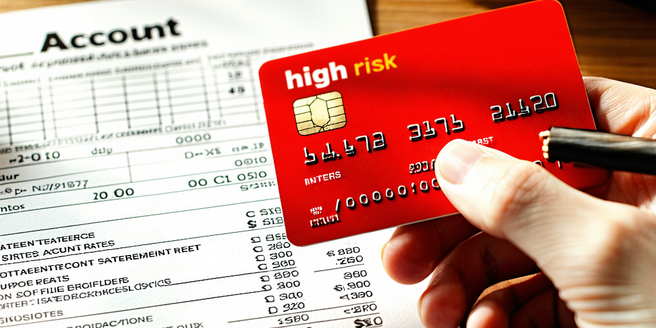Understanding Bad Credit: A Brief Overview
Bad credit often results from a history of missed payments, defaults, or bankruptcy filings. It is typically quantified using a credit score, with scores below 580 considered poor. Lenders view individuals with bad credit as high-risk borrowers, which can make securing loans challenging. High interest rates or limited loan options are common, but it’s important to remember that not all hope is lost. Understanding the factors leading to bad credit can be empowering. By reviewing credit reports, individuals can identify errors or areas for improvement. Correcting inaccuracies and making consistent payments are crucial steps toward rebuilding credit. Additionally, proactive debt management and budgeting can contribute to financial recovery, setting the stage for better loan terms in the future.
Federal Assistance: Loan Options Available
The federal government offers various programs to assist individuals with poor credit in obtaining loans. One notable program is the Federal Housing Administration (FHA) loan, designed to help those with poor credit purchase homes. FHA loans have flexible credit requirements, allowing more individuals to qualify. Additionally, the U.S. Small Business Administration (SBA) offers loans for entrepreneurs who may have bad credit but demonstrate significant potential. These loans provide crucial funding for business growth and development. Another option is the Rural Housing Service (RHS) loans from the U.S. Department of Agriculture, aimed at rural residents. While credit scores play a role, the program also considers other factors. Exploring these federal programs can open doors for those struggling with bad credit to access necessary funding for housing and business opportunities.
State-Specific Programs and Their Benefits
Many states offer specialized loan programs designed to assist residents with bad credit. These programs vary considerably, focusing on areas such as housing, education, or small business development. For example, some states provide low-interest loans or down payment assistance for first-time homebuyers with poor credit. Others might offer educational loans with relaxed credit requirements to support aspiring students aiming to further their education. Small business incubator programs can also be found, providing essential resources and funding opportunities to entrepreneurs struggling to secure traditional financing. The benefits of state-specific programs include tailored assistance, potentially lower interest rates, and a targeted approach addressing the unique needs of residents. By researching what support is available within their state, individuals can access valuable resources to overcome credit challenges.
How to Apply: Steps to Secure Government Loans
Securing government loans despite bad credit requires preparation and diligence. First, research the different loan programs available at the federal or state level that suit your needs. Once identified, review eligibility criteria thoroughly to ensure you can meet the requirements. Begin the application process by gathering necessary documentation, including proof of income, tax returns, and any financial statements requested by the program. Focus on creating a strong application by highlighting your ability to repay the loan and any mitigating circumstances around your credit situation. It may also be beneficial to seek a co-signer with a better credit history to strengthen your application. Finally, ensure that all paperwork is completed accurately and submitted before deadlines. Following these steps can increase the likelihood of being approved for a government-backed loan.
Eligibility Criteria: What Applicants Need to Know
Understanding the basic eligibility criteria for government loan programs is crucial for applicants with bad credit. While specific requirements vary by program, general eligibility usually includes being a U.S. citizen or permanent resident, falling within specified income limits, and demonstrating a need for financial assistance. Proof of income, tax returns, credit reports, and any documentation of existing debts may be required. Some programs specifically target first-time homebuyers, veterans, or rural residents, with tailored criteria reflecting these focuses. Additionally, applicants may need to attend financial counseling sessions or courses as part of the loan approval process. By thoroughly understanding and preparing for these criteria, potential borrowers can identify which programs best fit their needs and improve their chances of receiving the necessary funding.
Tips for Improving Credit Scores Alongside Government Aid
While applying for government aid, efforts should be taken to simultaneously improve bad credit scores. Start by reviewing and understanding your credit report, pinpointing areas needing attention. Ensure any inaccuracies are disputed promptly. Make all current debt payments timely to demonstrate financial responsibility. Reducing credit card balances and refraining from accumulating new debt are strategic moves to enhance creditworthiness. Consider speaking with a financial advisor or credit counselor for personalized guidance. Building a positive credit history takes time and discipline, but the dual approach of seeking governmental assistance and improving personal finance habits can yield significant benefits over time. By increasing overall credit scores, individuals can access more favorable loan terms while reducing dependency on government aid in future financial situations.


